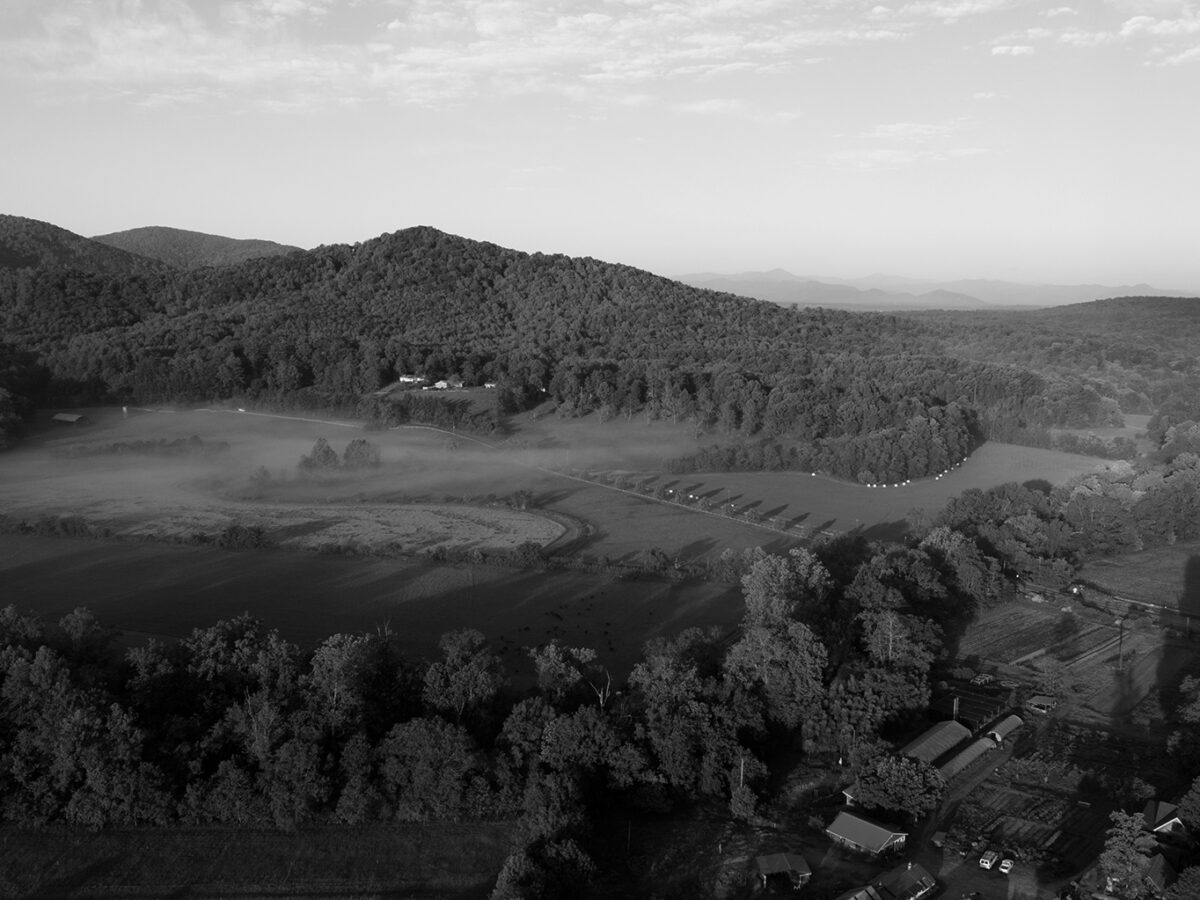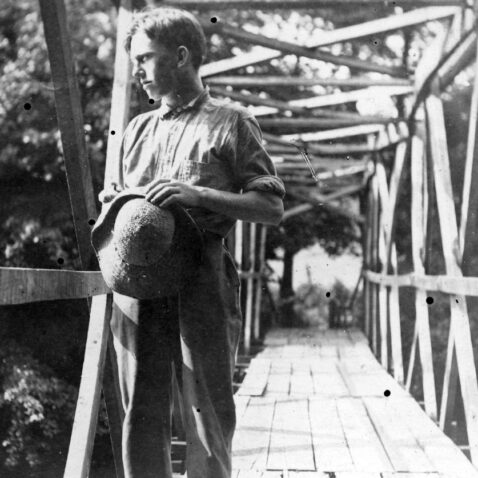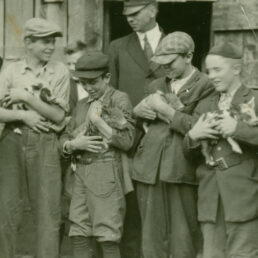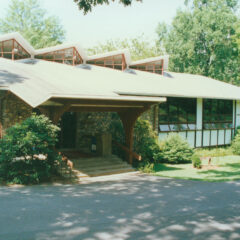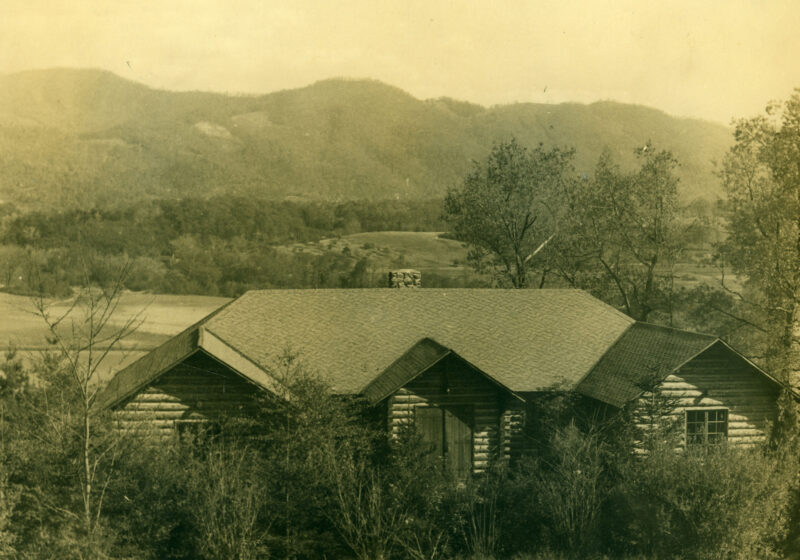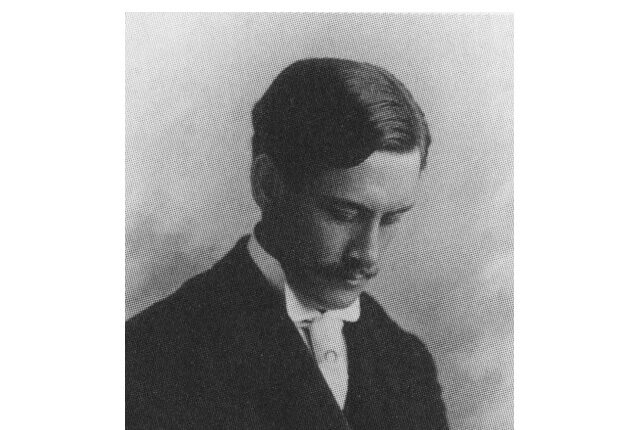Overview
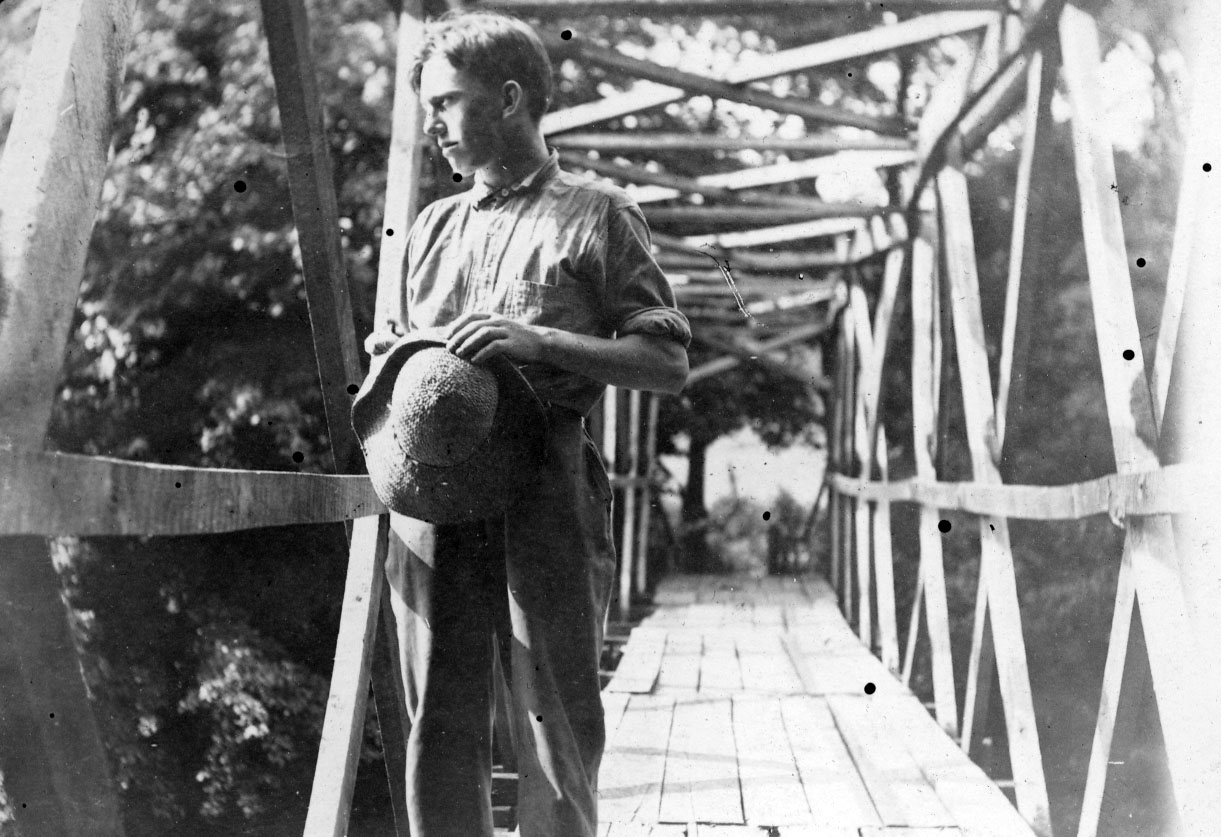
At the close of the nineteenth century, the members of the Women’s Board of Home Missions of the Presbyterian Church were concerned that many Americans in isolated areas were not receiving a proper education. The women decided to establish church supported schools in areas where there were no public services. In many cases, the young people who came to these mission schools had no prior formal education. They purchased property in the Swannanoa Valley near Asheville in 1893.
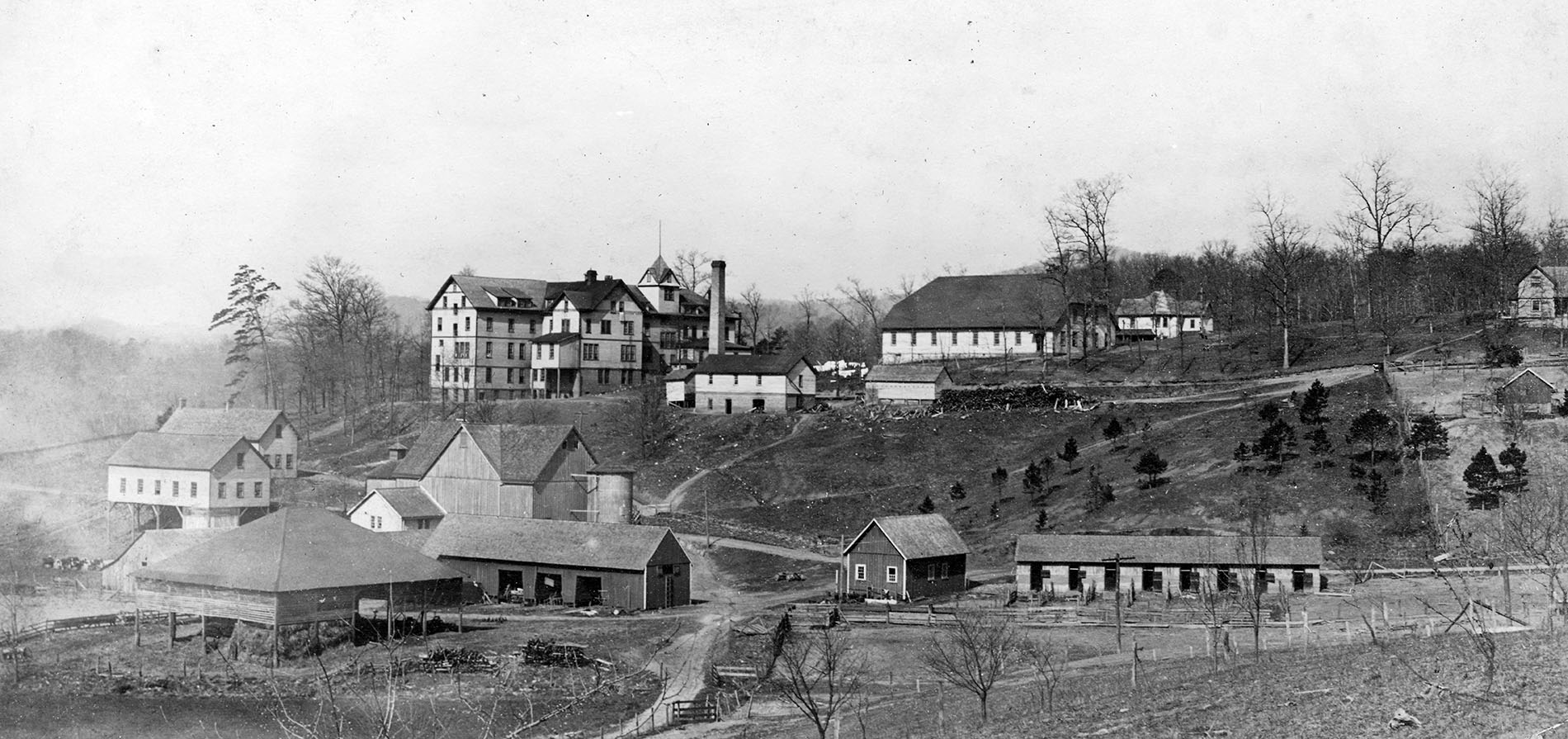
In 1894, the Asheville Farm School officially opened with 25 boys attending and a professional staff of three people. It was not until 1923 that the school had its first graduating class. In 1936, the first post high school programs in vocational training were begun. It was hoped that this type of training would give the students more prospects in the job market. In 1942, the junior college division was established. The Asheville Farm School continued as a boys unit in high school studies. The Dorland-Bell School of Hot Springs was joined with the Farm School, which brought high school age girls to campus. The Warren Wilson Vocational Junior College was joined with them under our one administration.
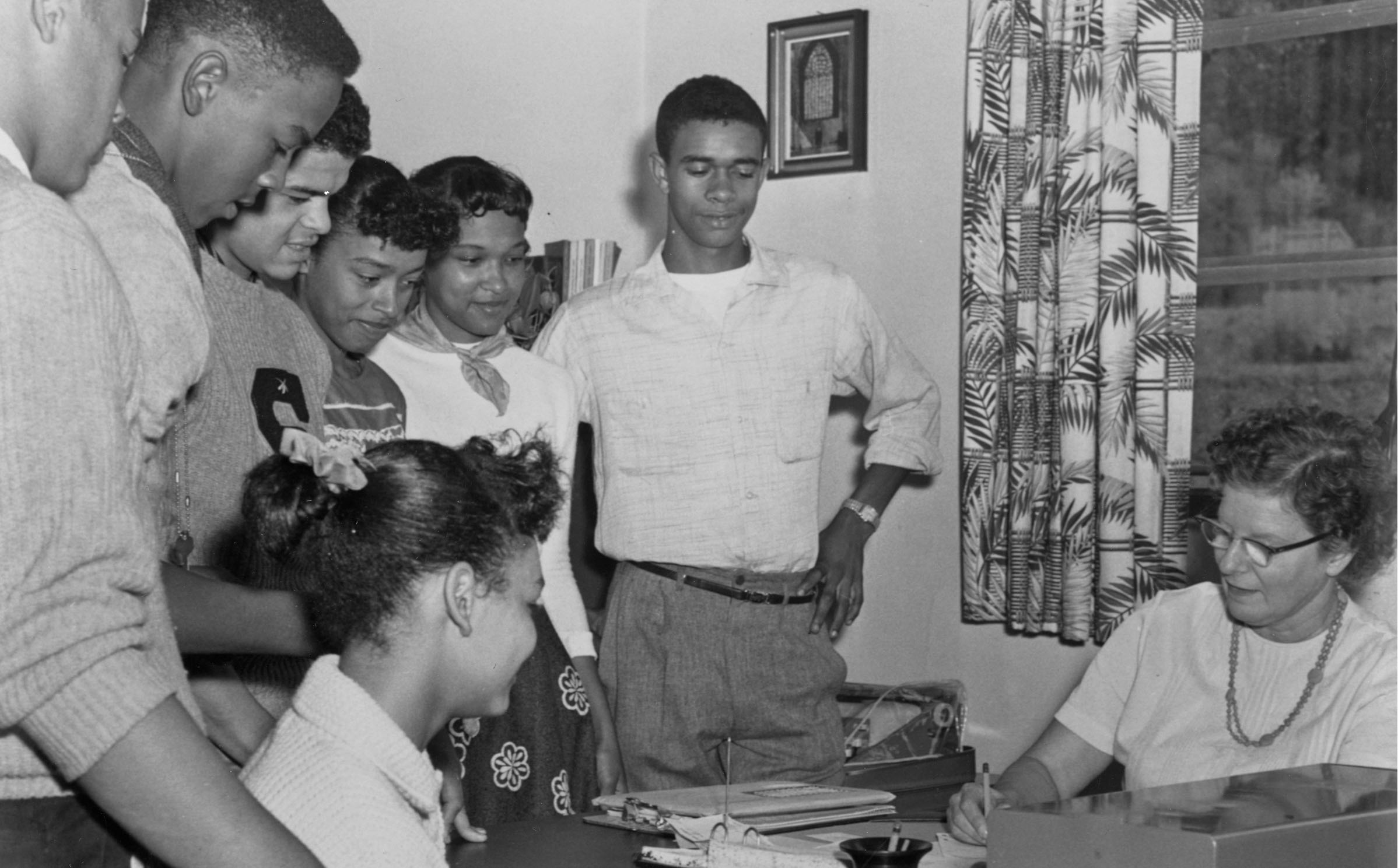
After WWII, the public education system in North Carolina improved dramatically, and the need for the mission’s high school diminished. The last high school class was graduated in 1957, and the school remained a junior college until March 1966 when it was established as the four year Warren Wilson College, offering six majors. In 1972, the National Board of Missions deeded the WWC property over to the college’s Board of Trustees.
Since the 1970s, Warren Wilson College has grown and changed into the contemporary liberal arts institution that it is today, but we haven’t forgotten our roots in the Asheville Farm School. We remain dedicated to a curriculum of “learning by doing,” which informs our commitments to community engagement, our work program, and our emphasis on original student research.
